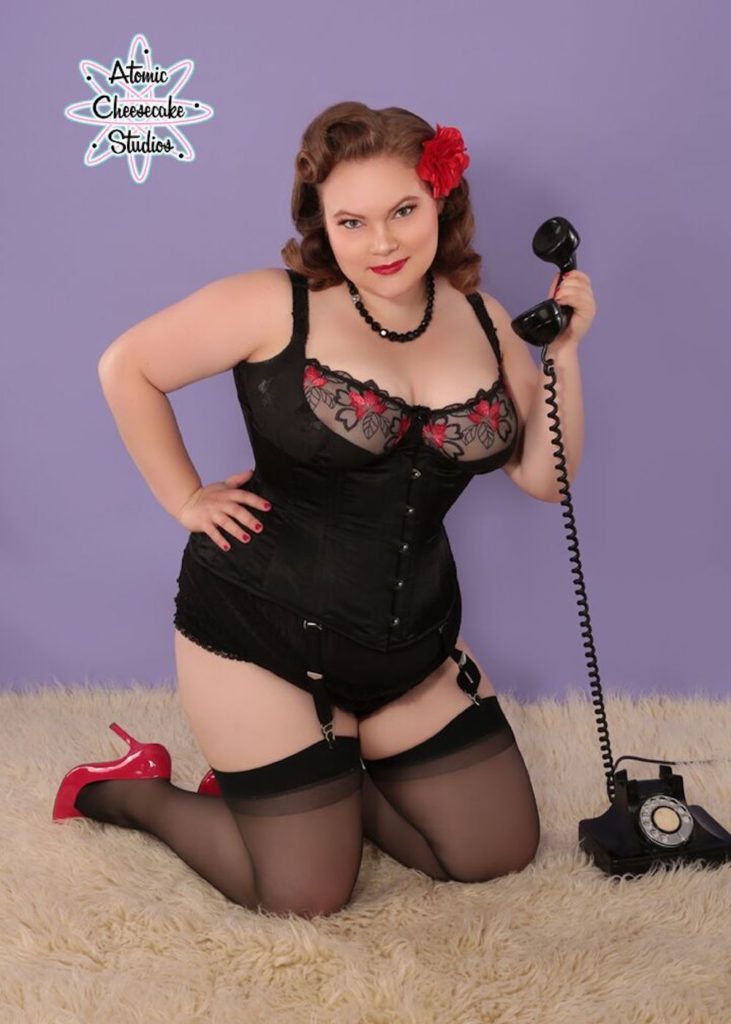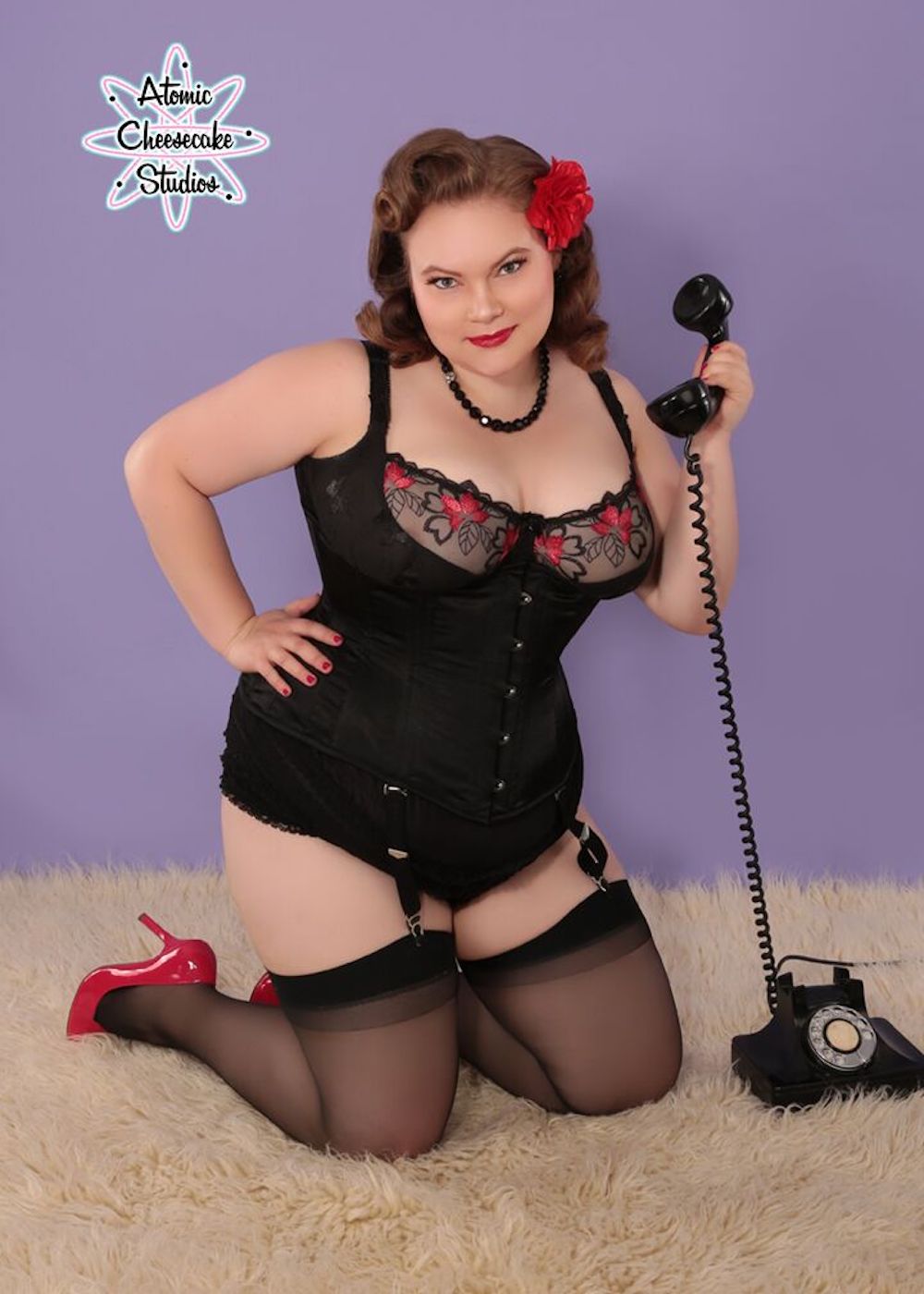How do Models Stay Body Positive? By Chelsea Coston

I started dieting at 15, with the guidance of what I now recognize as highly questionable “medical” advice from a certified “professional.” Even though I wasn’t even in the overweight category for my age, or by BMI, I knew that I could do better, look hotter, be thinner. I counted calories religiously my freshmen through junior years of high school, denying myself the foods my friends were eating and wielding all possible willpower to do so. Even though I stuck with it, I steadily gained weight, (like any developing teenage girl), and became increasingly dissatisfied with my body. I remember making mental–and written–lists of all the things about my body that needed to change, and devouring every Fitness and Self magazine article that promised results. I knew I couldn’t love my body or be satisfied until I “fixed” it. I knew that was the only way to be a successful, confident, and happy woman. I was prepared to do battle not only to get there, but to stay there, for my whole life.
What I wasn’t prepared for was the burnout. Senior year of high school I just couldn’t do it anymore. I was tired of the food journals, restrictive food guidelines, and tasteless, joyless meals. It obviously wasn’t doing me any good anyway! I’d watched myself go from a size 2 freshmen year to a size 8/10 gasp my senior year. I’d run out of damns to give.
But not really though. I lost the craziest parts, like obsessive food journaling and massive protein consumption, but that still didn’t change how I felt about my body. Guilt about my appearance, weight (now in the “obese” BMI section), and “health” plagued me. My quest for change wasn’t over, my methods had just changed.
Senior year of high school through sophomore year of college were a fitness and health yo-yo game for me. I’d try to “eat right,” but would “fall off the wagon.” I had very consistent 6am, Monday-Friday workout routines, but my strength and endurance remained in the toilet. I lived in a constant state of defeat that would give way to especially high levels of dissatisfaction when trying to fit into last season’s jeans or wondering if the reason no one was asking me out was my size.
My junior year of college I went abroad, living on a small college campus with a limited cafeteria, forcing me to lose control over most of what I was eating. When I returned to the US the following semester, I was determine to regain control by any means necessary. I went vegan, which is great if you do it properly and for the right reasons, but unhealthy if you aren’t eating the right food for your body. That summer I added gluten free to the regime, although I had no gluten allergy or sensitivity. I was miserable. I would force myself to eat things I didn’t enjoy that upset my stomach. On the weekends I would take “cheat days” and binge. I gained ten pounds, and finally abandoned gluten free and vegan altogether.
Senior year was stressful. I started asking big scary questions about my goals and plans, who I was, and what I believed. Although I hung on in the fall, by winter I had become clinically depressed. However, I assumed my symptoms were side effects of stress and that, even though severe, could only be relieved by the passage of time. I went undiagnosed for four months. For the first time in my life, I had no appetite. Food didn’t interest me, and there were very few things that I could even force myself to eat. Nothing, including food, seemed appealing anymore.
When I finally did receive a diagnosis and started treatment, my appetite returned with a vengeance. The medication I was on made me ravenous, adding more pounds out the pounds I already gained during the months I wasn’t even eating. As I emerged from the fog of numbness and indifference, I was so thrilled to be interested in things and find pleasure in life again that I let my guard slip and began to enjoy food without reservation.
As I continued to recover emotionally, the rest of my life revived too. I graduated college, took a job, and moved to Baltimore. I started eating meat and drinking alcohol for the first time, which previously had been forbidden by my family’s religious beliefs. I made friends, went to concerts, dated, and danced. I was finally making choices for myself, and really living my life for the first time. I was tired of feeling restricted, and when I broke free, it was magic.
The weight gain happened gradually, naturally. I gained meat weight, booze weight, medication weight, office job weight. Before I knew it, I was a full 50 pounds heavier than I had been my sophomore year of college, just two or so years prior.
I knew I should be concerned. I knew I should try to get it off, that I should lose the weight for good. I knew that I should be guilty and ashamed for “letting myself go.” Yet, somehow, for the first time in my life, I really, truly, did. not. care. I LOVED MY BODY!
Stretch marks had appeared on my now round, instead of nearly flat-ish, stomach. My inner thighs didn’t just touch, they rubbed. My biceps had flappy “wings,” and I shopped shaving my legs entirely. My boobs were heavy and droopy and far from the perky standard expected of all pre-pregnancy, post puberty women. And yet, I posed naked in the mirror every day, just to lovingly gaze at it all.
“This body survived depression!” I thought. Or sometimes, “This body has fly as hell dance moves.” Or “This body is my palette for for self expression. I’ve pierced it, tattooed it, shaved and not shaved it. It is my canvas and my megaphone.”
And then, finally, “This body is beautiful. GORGEOUS. Lovely. Stunning actually. Not “for a fat girl,” not “for now,” not “in spite of its flaws,” but actually, physically, beautiful!” I was floored. How could the very things that I hated about my body before become the things I loved the most now? How had my sources of shame and guilt become the foundations of my pride and confidence?
Because I stopped trying to change it.
And feminism, self-self love, and my favorite ice cream shop, The Charmery.
Thinking back a year after that paradigm shift, I realize there were so many important contributors to the transformation. But the main one? Acceptance of my body as it was, radically, unconditionally, unwaveringly.
Eleanor Roosevelt famously stated that “no one can make you feel inferior without your consent,” but this only works if you know your consenting. I spent years consuming, believing, internalizing, and ultimately consenting to ideas of beauty, femininity, sexuality, and health that trapped me in a constant state of inferiority. Long after my head recognized my value was unconnected to my weight, my heart refused to believe it. All the external messages I received subconsciously poisoned my inner dialogue and battered my self image. It wasn’t until I gave myself permission to simply “be” that I started to dismantle those structures.
It isn’t easy, and I don’t feel like a supermodel all the time, but I will never go back. My default reaction to my body is no longer criticism or disgust. I’ve hit the override button and changed the dialogue in my head. I’ve discovered the secret: my body won’t be beautiful when I change it, my body will be beautiful when I decide it is–and that’s now.

